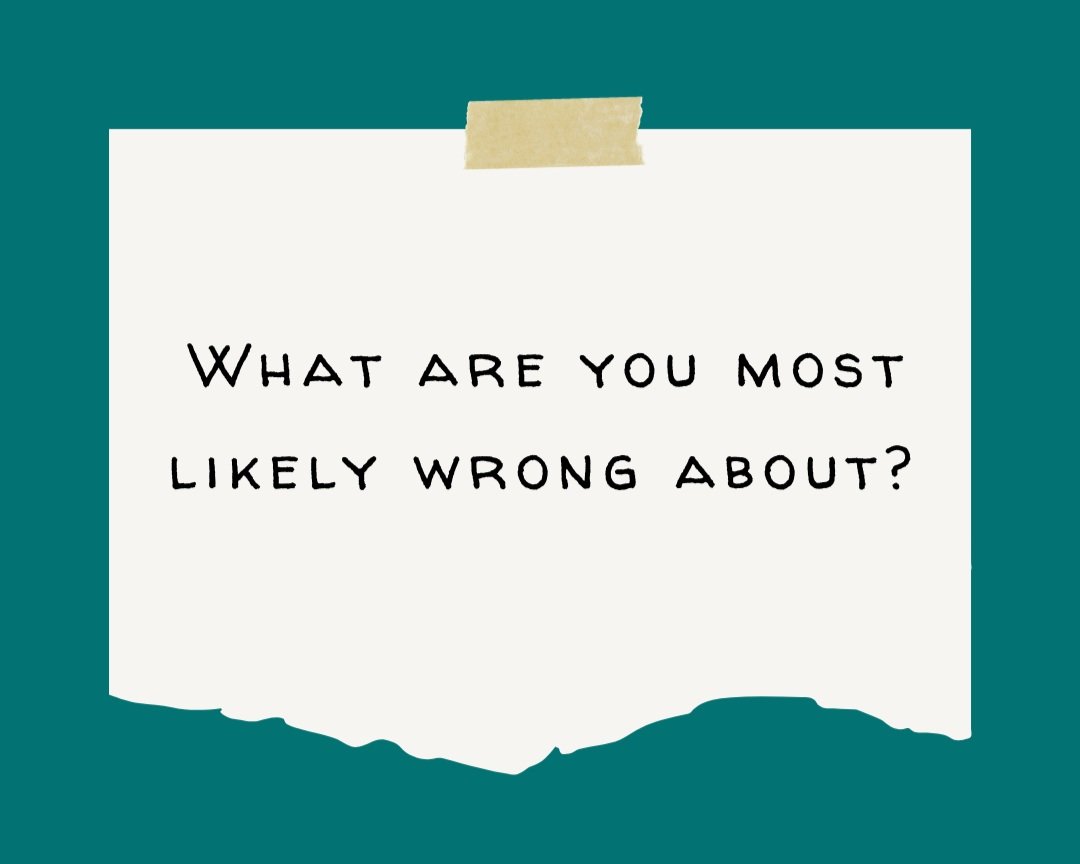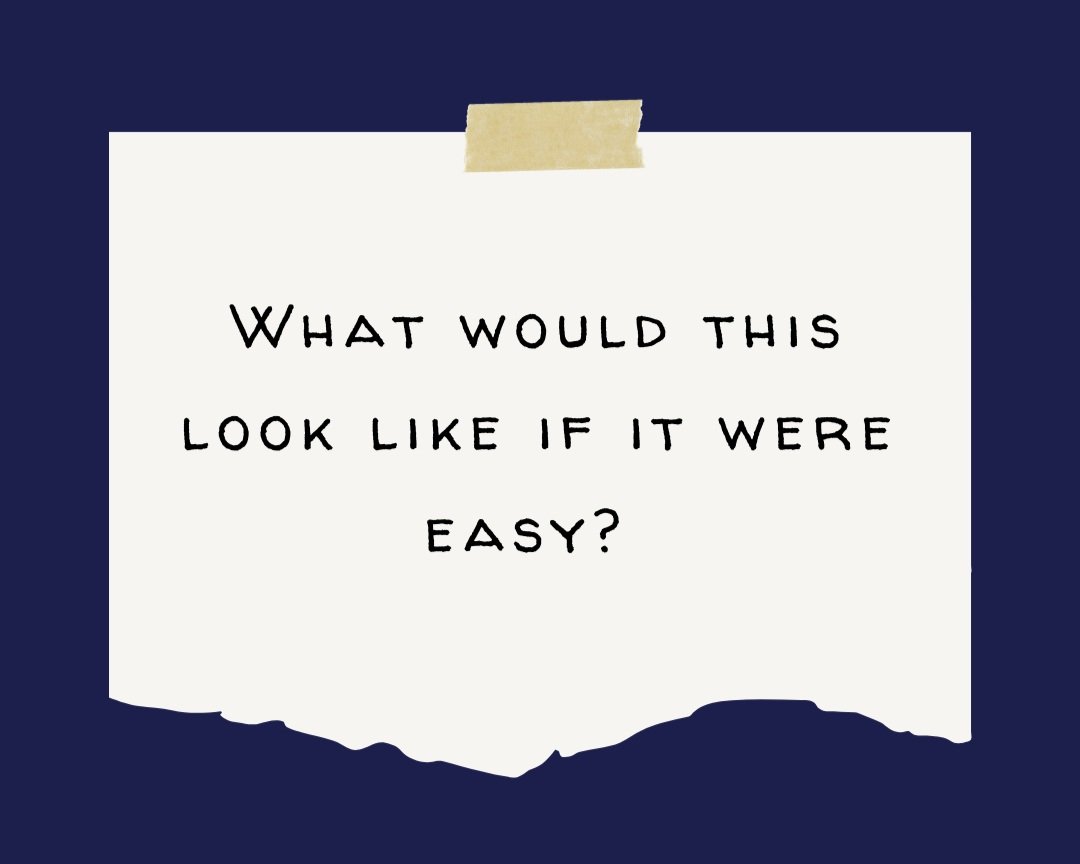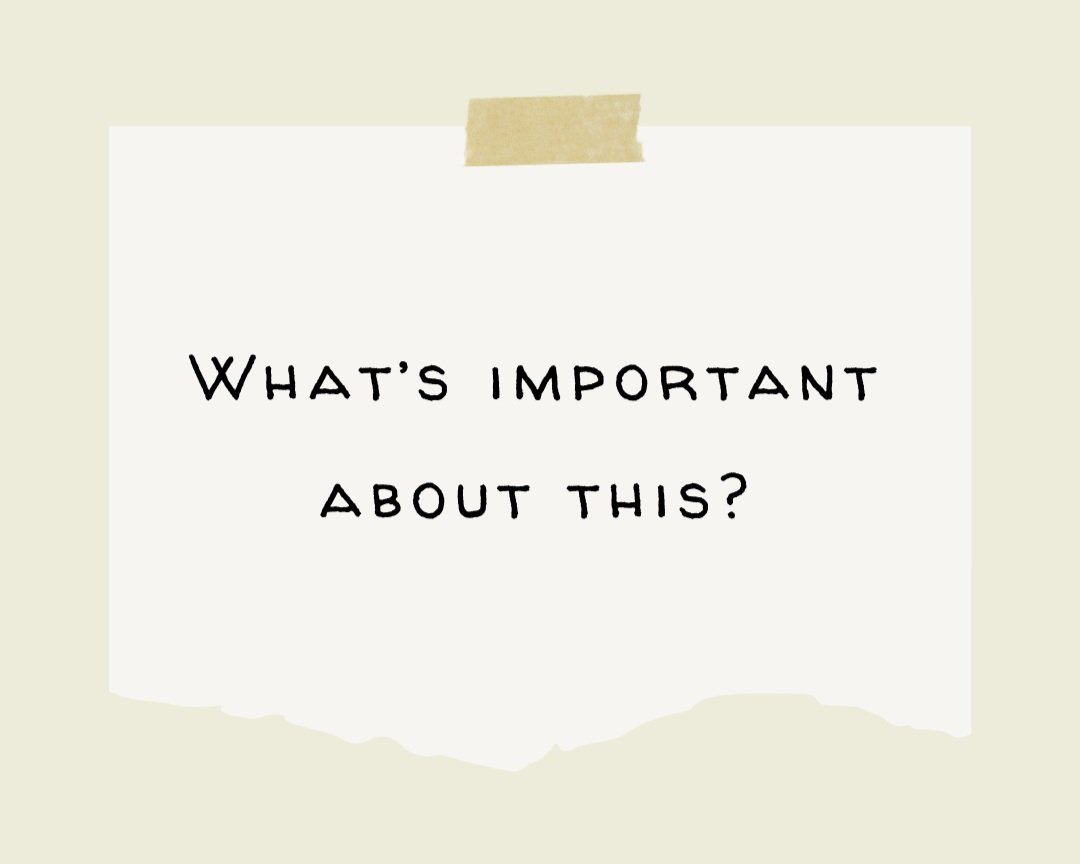Our comfort zone is the water around us. We’re swimming in it so we don’t notice it much.
We know we’re leaving when everything starts to look and feel unfamiliar. Details grab and hold our attention—examining each with skepticism and interest.
Happiness is something we all want for ourselves and want for others. But how do you know you’re happy?
How do you spend your spare time?
Spare time? You might say, “I don’t really have spare time.”
This question is more tactical than my typical journal prompts. (And some days I just need a tactic more than a deep thought.)
I was talking with someone earlier this week who just beamed as she said, “It just went so, so well.” She was referring to a big presentation at work in which she was asking for an investment in her program and team.
Do you habitually notice what’s broken, then try to fix it? It’s a skill honed over time—and one that likely serves you well at work. It doesn’t serve you as well, however, when you turn that critical “noticing” power back on yourself.
Intentionally revisiting difficult chapters can be, well… difficult. This question is a rearview mirror on your bad decisions and regrets- those things in which you had a choice.
We’re halfway through 2021. I had to take a minute when I realized that.
If you set goals on a new year cycle, you have about 6 months to lose, win, start, leave, grow, or generally move the needle.
Whether you’re actively looking for a new job or not, most of us have a running dialog in our heads around what’s working at work, what’s not, and what we’d rather be doing instead.
These thoughts take us around and around in circles. Frustrating, energizing, confusing, exciting, tiring, disheartening, hopeful circles.
A full, satisfying life is built on relationships. Some we invest in continuously with a tremendous amount of thought and care.
Others, we wind up and then kind of let them go where they may. The depth of the connection becomes a byproduct of how much time spent together and common interests versus an intentional choice with some planning and effort behind it.
I skipped right over this question the first time I read it.
“N/A. Not applicable. Nothing. Well, could there be something? Maybe? Ugh. I don’t even know.”
This is a short (but important) week after the long Memorial Day weekend. It’s important because it’s the turning of a season and one of those opportunities to reflect and be more intentional about what we think and do with the time.
It’s the first week of summer!
Last week I had the chance to listen to another coach and speaker guide a team through a well-executed leadership exercise. Even over Zoom, I could feel their attentive energy. He “had” them. The simplicity of his message resonated.
Leaders lead one conversation at a time.
I overcomplicate things- sometimes to the point of overwhelm. I tend to build layers of conditions and caveats into my plan until it collapses under its own weight.
We make decisions amidst the context of our lives.
We calculate but not like math in school. Our environment and available resources are the base. The impact on our families and finances is divided, then squared. We imagine Venn diagrams comparing possible future outcomes.
My dad recently shared this article on why purpose might be a better goal than happiness. I was onboard before getting past the headline. This enthusiastic reflex made me catch myself and wonder- wait, what does “having purpose” mean to this author? What does it mean to me?
My dad recently shared this article on why purpose might be a better goal than happiness. I was onboard before getting past the headline. This enthusiastic reflex made me catch myself and wonder- wait, what does “having purpose” mean to this author? What does it mean to me?
You make about 35,000 decisions daily according to some really thorough and patient researchers out there. Thankfully most are reflexive. Experience and habit make flushing the toilet and turning on the turn signal pretty seamless.
Most days, we exist in the near future. What do I need to do today? Who needs what? What’s next?
Routines are relentless. Our busyness habit can be difficult to break—even when we’d like to make a change. That’s why looking at time from different angles can bring perspective, a fresh focus, and motivation.
Imagine creating your life by design and not by chance. Developing a sense of where you are and where you want to be are the first steps toward creating a plan to get there.




















